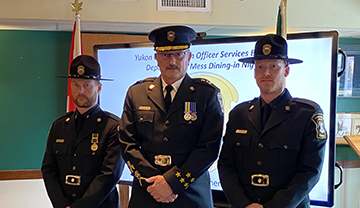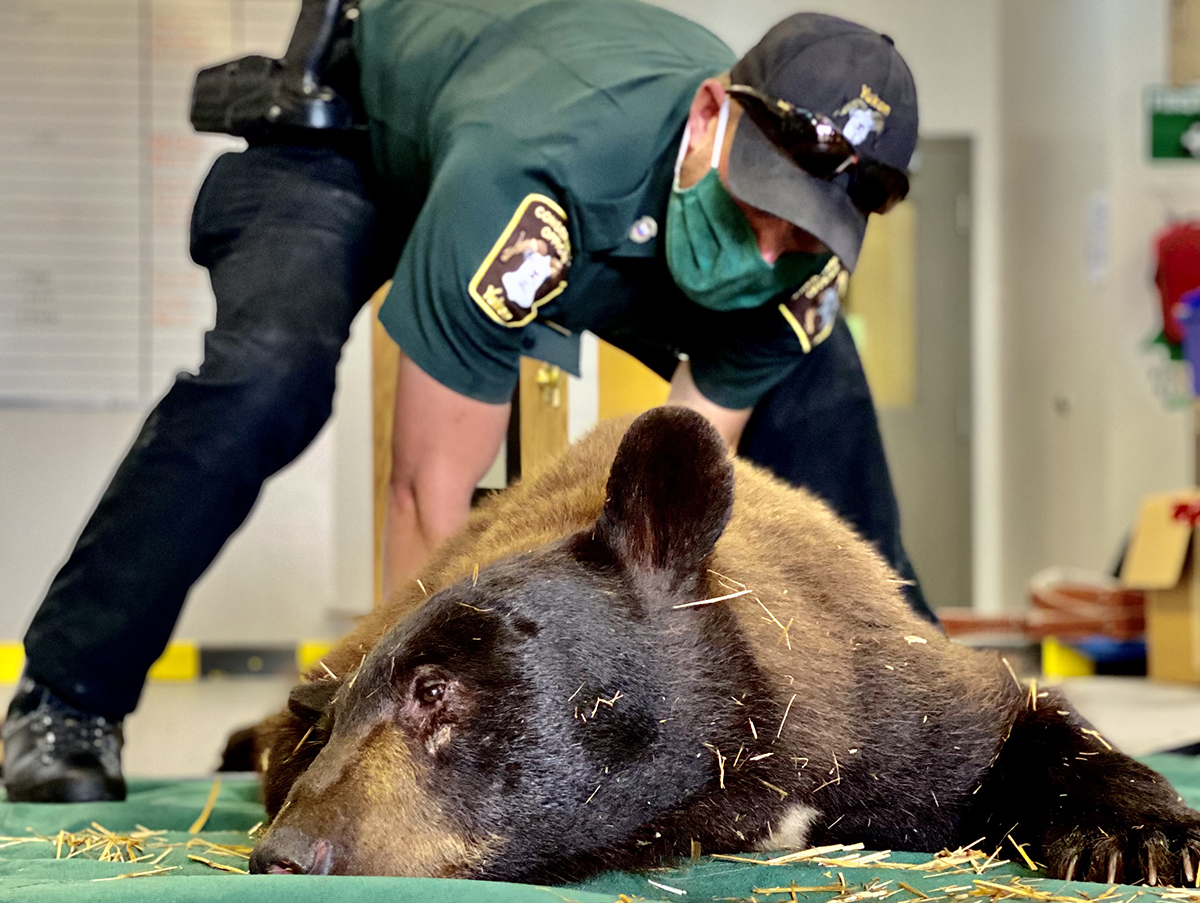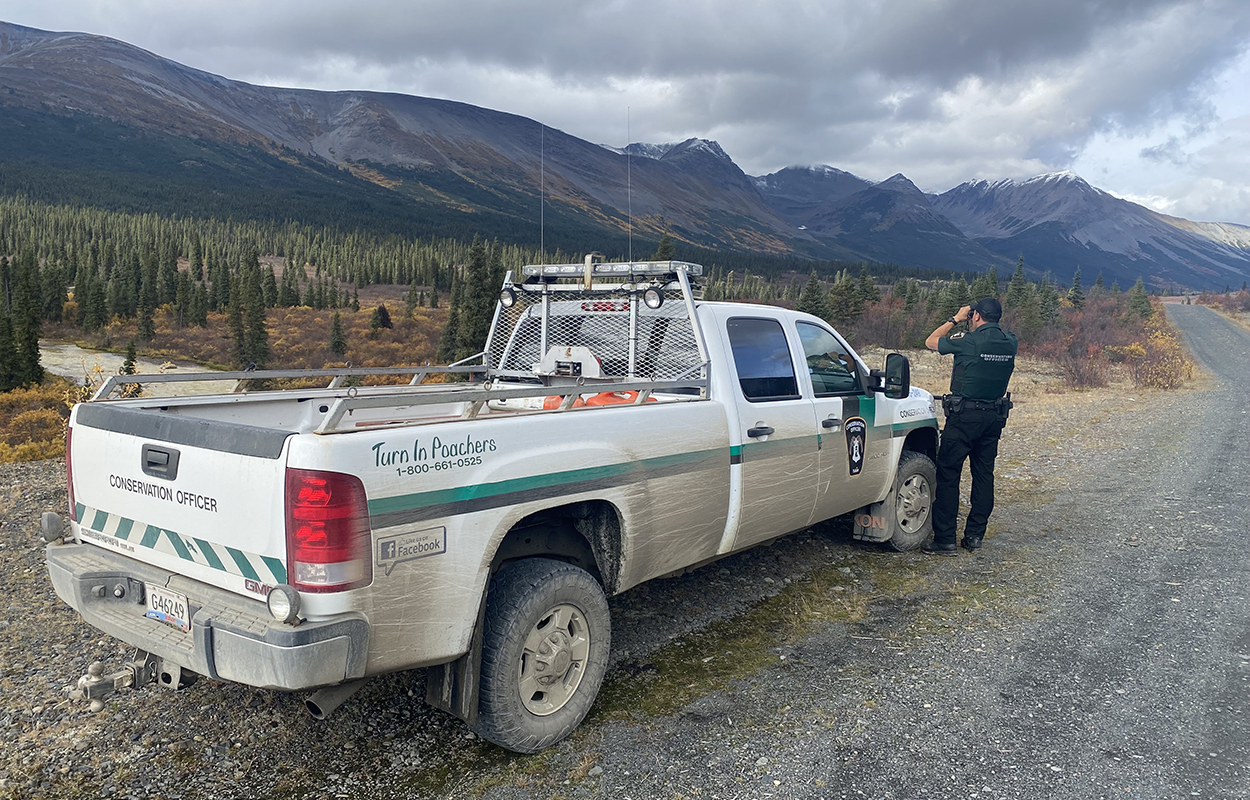
Become a Yukon conservation officer
A conservation officer’s job is diverse and demanding. They’re at the front lines of environmental law enforcement and public safety in the Yukon.
What does a conservation officer do?
The public puts a tremendous amount of responsibility and trust in conservation officers. Duties can vary significantly, but here are typical job duties for a conservation officer:
- Often patrol remote natural areas to ensure their conservation and protection
- Work closely with local First Nations, renewable resources councils, partner agencies, communities and other groups
- Enforce environmental laws, including issuing tickets and summonses
- Check hunting and fishing parties for licences, bag limits and compliance with safety regulations
- Prepare files for court briefings, continuity of evidence, and consultations with the crown prosecutor
- Respond to human-wildlife conflicts, including attacks on humans
- Respond and provide assistance to other public and law enforcement emergencies
- Advise the public on safety issues, such as potentially dangerous wildlife
- District equipment maintenance
Conservation officers investigate complaints of non-compliance with natural resource laws, such as:
- pollution of waters;
- destruction of fish and wildlife habitat;
- importation of endangered or non-native species; and
- poaching reports.
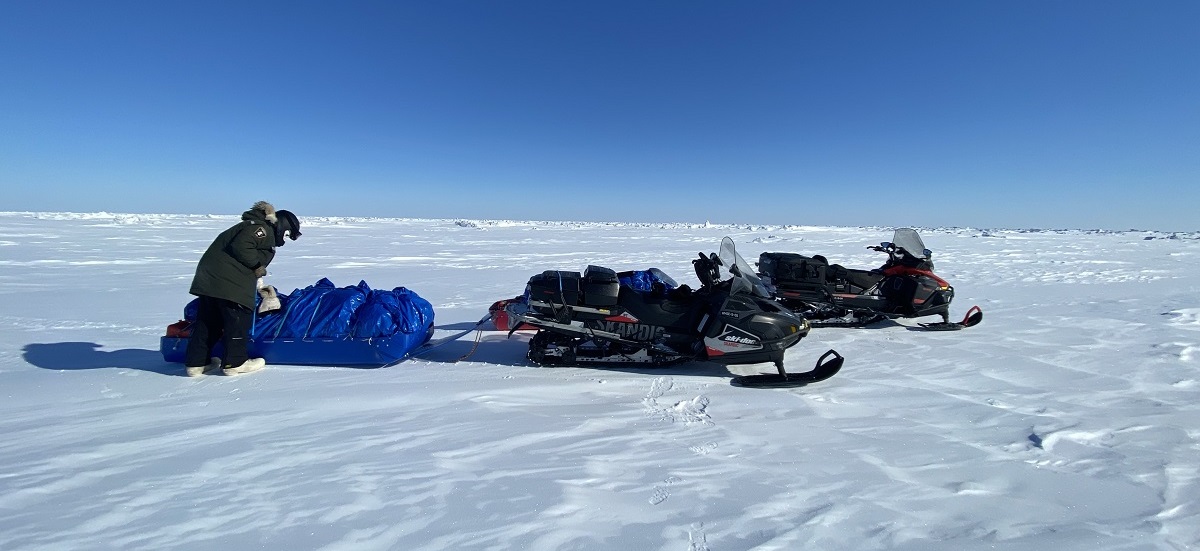
How to become a conservation officer
You’ll need to apply through the Government of Yukon hiring process when a position becomes available.
To apply to be a conservation officer you must:
- be at least 19 years of age;
- have a valid Yukon driver’s licence (Class 5) or equivalent;
- have a valid Firearms Possession and Acquisition Licence;
- have valid First Aid and CPR certificates, or be able to acquire them within 3 months;
- obtain Workplace Hazardous Materials Information System (WHMIS) certification;
- successfully complete the physical abilities requirement evaluation (PARE); and
- be able to carry out the duties of an armed conservation officer.
General qualifications
You’ll need a degree or diploma from a recognized post-secondary institution in:
- natural resources law enforcement;
- conservation and environmental law enforcement; or
- natural resource protection.
Essential experience
- A resource enforcement-based position with experience related to investigating resource violations, laying charges and prosecution
- Effectively handling human-wildlife conflict complaints
- Presenting information to, and/or working with with boards and councils, community stakeholders or similar groups
The following are an asset, but are not required:
- Enforcement experience working in a remote community or northern setting
- Experience working collaboratively with First Nations communities and governments
The qualifications may vary based on the job posting, and the location, roles, or changes to hiring standards.
After you're screened in
You may have to participate in additional screening assessments, such as a written exam or other assignments.
If you’re selected for an interview we’ll give you enough time so you can prepare and make travel arrangements if needed. We only cover expenses for travel to the interview if this is specified in the job posting.
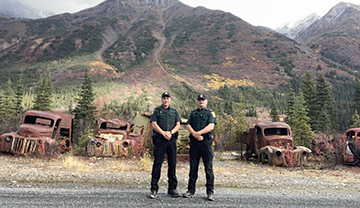
After you accept a conditional offer of employment
The Government of Yukon will complete a thorough background investigation on applicants who accept a conditional offer of employment. You’ll need to pass a medical exam and psychological evaluation before we confirm your appointment.
We also conduct security screening. This helps us to screen out a person whose past behaviour suggests a significant risk of officer misconduct. We screen for things such as:
- dishonesty;
- substance abuse;
- violent behavior; or
- disregard for authority.
We may also do a criminal record check, driving record check and other verifications.
While this process may cause you to feel some anxiety, we are not looking for a person with a perfect record. A successful candidate embodies our key values:
- integrity;
- commitment; and
- fairness.
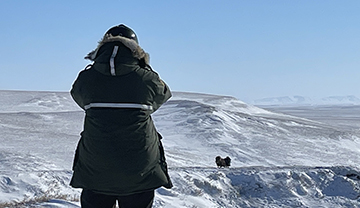
Conservation officer training
If you’re successful in the selection process, you’ll have to take the Conservation Officer Basic Training.
Western Conservation Law Enforcement Academy is a joint recruit training initiative of natural resource law enforcement agencies from Saskatchewan, Manitoba, Alberta, the Yukon and British Columbia.
New conservation officer recruits that meet the base qualifications will spend around 16 weeks at Western Conservation Law Enforcement Academy.
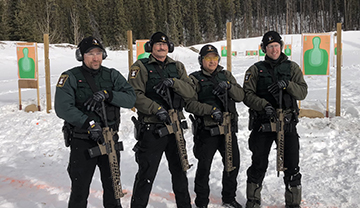
New officer field training
Upon successful graduation from the Western Conservation Law Enforcement Academy, you’ll begin a 12-month new officer field training program under the mentorship of an experienced Yukon conservation officer. During this time you’ll apply and refine the knowledge and skills you gained at the academy.
You’ll be a full conservation officer after successfully completing field training.
